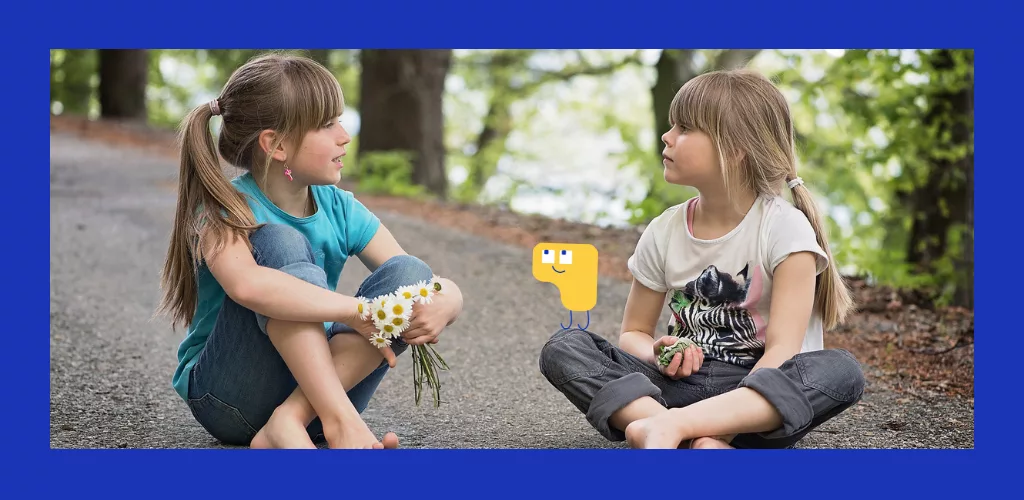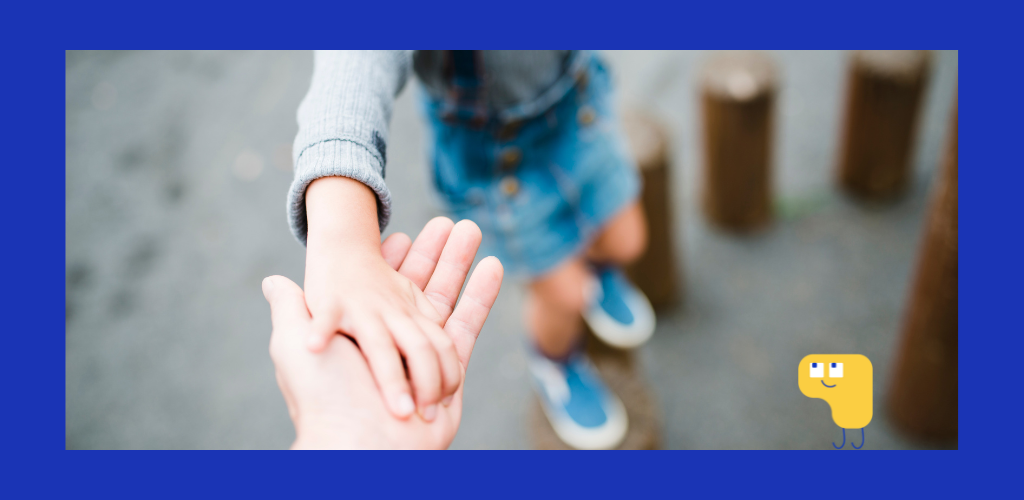To support our children's soft skills, it all starts with example
At Soft Kids, we develop fun and educational tools to help children cultivate their behavioral skills: self-confidence, emotional management, cooperation, critical thinking, etc. But these learnings do not happen in a vacuum.
Children learn first through experience, observation, and imitation. And their first learning ground is their family. As parents, we therefore have a key role: not only as a guide, but also as a role model.
Developing our own soft skills as adults is one of the most powerful levers for creating a family environment conducive to the development of our children's soft skills.
Soft skills: these human skills at the heart of education
Soft skills are so-called "transversal" or "socio-behavioral" skills. They allow you to interact constructively with others, manage tensions, express yourself clearly, cooperate, adapt, and make responsible decisions.
Here are some concrete examples:
-
active listening
-
compassionate communication
-
empathy
-
conflict management
-
emotional intelligence
For children as well as adults, these skills are essential. But they are not taught top-down. They are transmitted through relationships, through daily life, through one's way of being.
Why parents have everything to gain from working on their soft skills
To better understand their children's needs
Children don't always express their emotions or needs clearly. Developing listening, observation, and communication skills allows them to better decode their signals and respond appropriately.
To offer them a model of emotional balance
Children observe how we react to stress, frustration, and the unexpected. By modeling healthy emotional regulation, we teach them, through a mirror effect, to do the same.
To strengthen the quality of the parent-child relationship
A climate of trust cannot be decreed. It is built, day after day, through quality interactions. By honing our interpersonal skills, we establish a solid foundation of attachment, security, and mutual listening.
5 Soft Parenting Skills to Cultivate Every Day (and How to Do It)
Active listening: hearing beyond words
Take the time to truly listen, without interrupting or judging. Ask open-ended questions, rephrase what the child is expressing, and validate their emotions.
Example: “You mean you felt lonely at recess? I understand that’s difficult.”
Clear Communication: Speak to Be Understood
Use simple, concrete sentences, appropriate to the child's age. Give one instruction at a time.
Example: “When you have put the laundry away on the floor in your room, you can play.”
Welcoming emotions: showing that we can feel without being overwhelmed
Express your own emotions in a balanced way. Help the child name them and work through them.
Example: “I'm frustrated by a discussion I had today, but I know it will pass. I'm going to take a breath.”
Positive reinforcement: valuing the effort, not just the result
Encourage constructive behaviors. Highlight the qualities used.
Example: “I’m impressed by the perseverance you’ve shown in math. You can be proud of yourself.”
Conflict management: seeking fair solutions together
Avoid power struggles. Involve the child in resolving the conflict.
Example: “I trust you to find a solution to this conflict with your brother. Do you have any ideas on how we can resolve this together?”
You don't have to be perfect to be an inspiring parent
Working on your soft skills isn't about striving for perfection. It's about accepting growth, making mistakes, and adapting. It's about establishing a secure framework while cultivating listening skills, flexibility, and authenticity.
It's also about taking care of yourself and your own needs, so as not to get overwhelmed. Because a parent who takes the time to refocus is more emotionally available for their children.
Further information
Developing soft skills in children is possible. But it often starts with ourselves. As a parent, every word, every look, every posture becomes an opportunity to pass on knowledge.
In my book “Prepare Your Children for Tomorrow’s World ,” I share many practical tips for supporting the development of soft skills, both at home and at school. This book is aimed at all parents who want to raise their children in a climate of trust, openness, and autonomy.
➤ To find out more or to purchase the book





0 comments